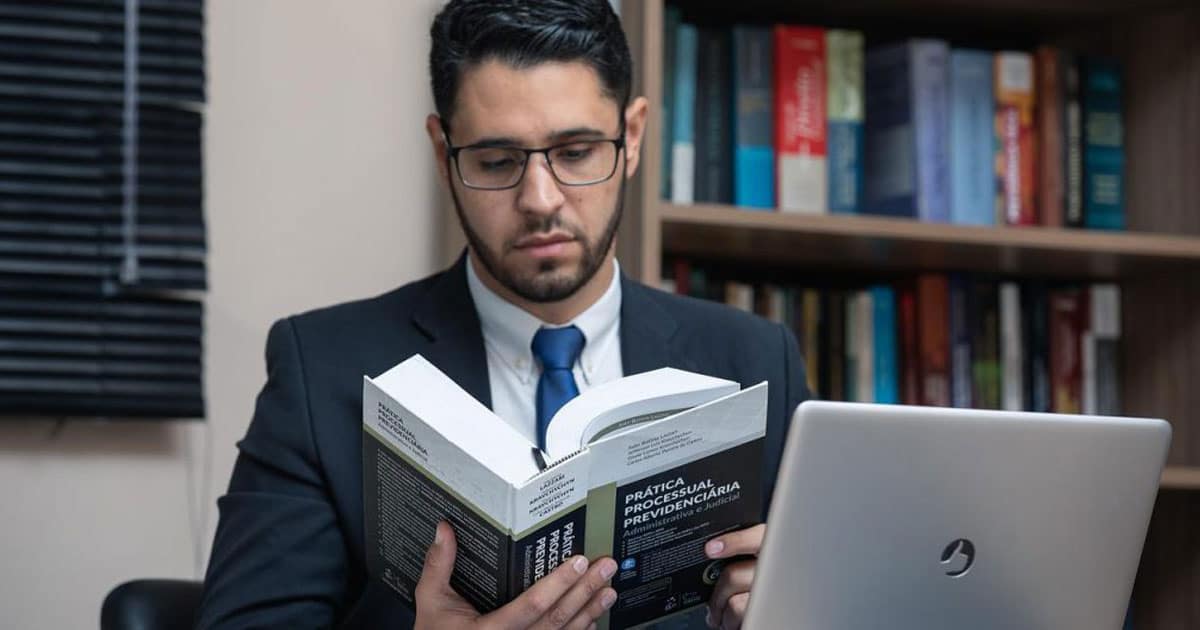Most people don’t know a lot about personal injury law or personal injury lawyers. More than anything, you need to know two things about personal injury lawyers, which are:
- Personal injury lawyers work on a contingency fee basis, which means no upfront costs.
- They offer a free initial consultation. The agenda of this consultation is to assess the worth of your case.
Both of these facts enable victims to file a case without hesitation. Victims can get a free case opinion from top lawyers. And if they want to pursue damages, they can do it without any worries since the lawyer will be paid only if they win.
When hiring an injury attorney, you will consider many things to determine whether they will be a good fit for your case or not. A lawyer will also consider some things before taking your case. In this blog post, we will discuss the free initial consultation and the things a lawyer will consider when reviewing your case.

Things a Lawyer Will Consider When Reviewing Your Case
A lawyer will consider many things, but 6 of them are the most important, which are:
- Statute of limitations
- Liability
- Location of the accident
- Your part in the accident
- Witnesses and other evidence
- Settlement potential
Statute of Limitations
The first thing a lawyer at Jim Glaser Law or a similar firm considers is the statute of limitations. The statute of limitations is the time window within which you have to file a case if you intend to pursue damages. Once this window expires, you cannot file a case anymore. Usually, the statute of limitations is three years for personal injury cases. So, the lawyer will see if you still have time to file a claim or not. If the statute of limitations has expired, no lawyer will take your case, which is why you should speak with a lawyer as soon as possible following an accident.
Liability
Having a clear liability is important in personal injury cases. A liable person is the one who caused the accident. To sue a liable party, you must know who the liable party is. A skilled lawyer like Mr. Eric Subin, or similar professionals can carefully analyze your case and see if you have a clear liability. If you don’t know who the liable party is, lawyers can help you determine liability.
Location of the Accident
Personal injury law varies in every state, making the location of the accident an important factor in personal injury cases. The statute of limitations, which sets the time limit for filing a claim, differs from state to state. Additionally, each state operates under different fault systems, which can influence how a case is handled. That’s why it’s crucial to work with a knowledgeable attorney, like those at Phillip S. Georges Injury Lawyers, who tends to understand the specific laws in your state. They will be able to draft a tailored plan based on where the accident took place, ensuring your case is handled properly and within the legal framework.
Your Part in the Accident
Some states follow comparative negligence laws, and some states follow contributory negligence laws. Comparative negligence reduces the amount of your settlement depending on your role in the accident. For example, if you are 20% responsible for the accident, 20% will be deducted from your total settlement amount. Contributory negligence would prohibit plaintiffs from claiming compensation if they had any part in causing the accident. These laws also differ depending on the state in which the accident happened.
Witnesses and Other Evidence
In personal injury cases, the plaintiff bears the burden of proof. So, evidence plays a huge role in personal injury cases. Your personal injury lawyer in Indianapolis or elsewhere will analyze the evidence you have and decide whether it will help your case or not. They will also take a look at the witnesses and their credibility.
Settlement Potential
A personal injury lawyer gets paid only when they win the case. A portion of your settlement will be taken as a fee for their hard work. So obviously, a lawyer will review the settlement potential of your case. A lawyer will only take your case if they strongly feel that they can win it.
Final Thoughts
The free initial consultation is a blessing for victims since they can learn a lot about their cases. They can decide whether to file a case or not after consulting a lawyer. So, the next time you encounter an accident, make use of the free initial consultation and make informed decisions.
